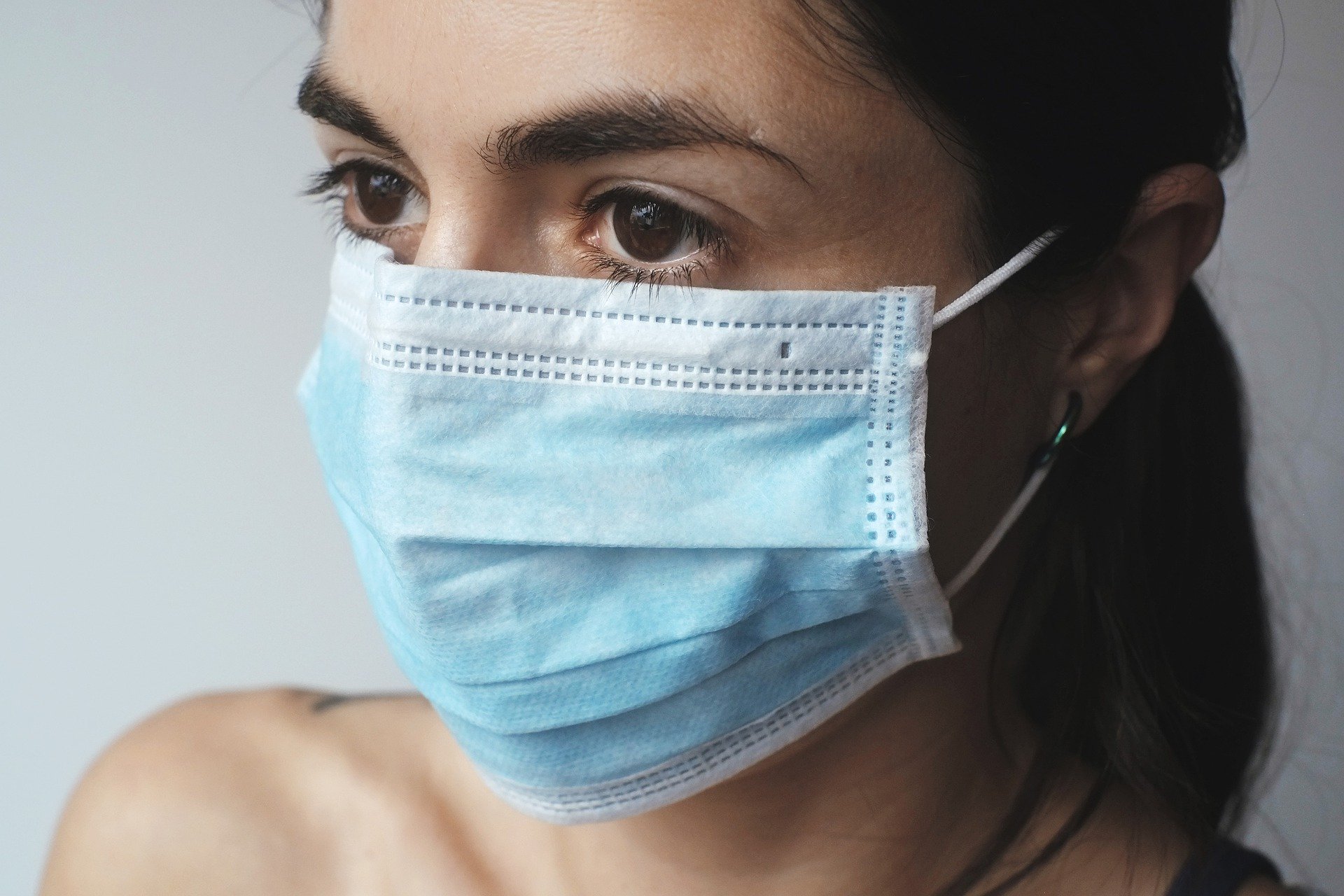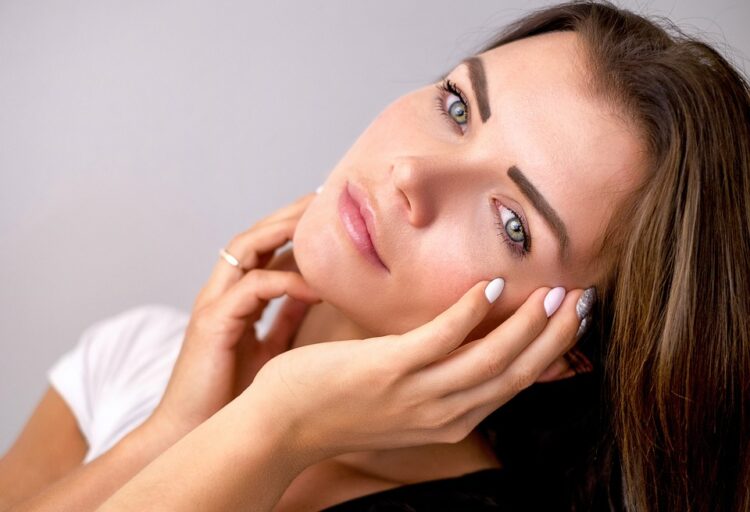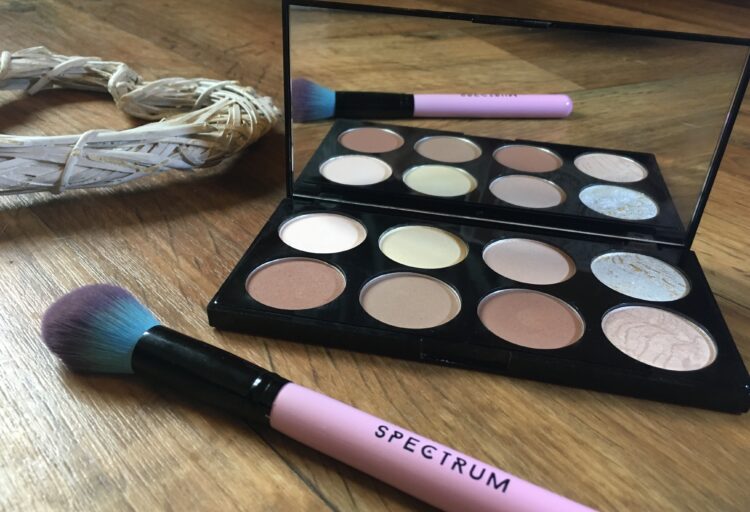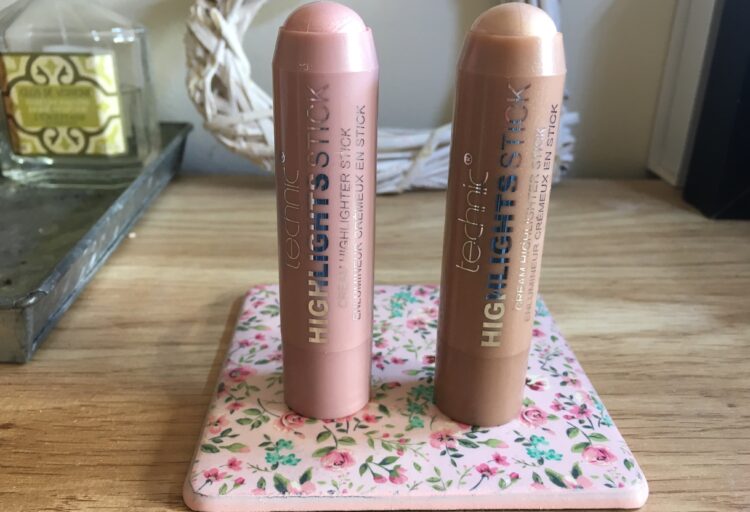
While face masks play a vital role in stopping or at least slowing down the transmission of COVID-19, it also brings about some issues that no one really considered would be a problem: skin irritation.
Of course, in the grand scheme of things, it pales in insignificance when compared to the problems faced by people who contract the illness or suffer in other ways. However, for some, it can be a huge problem. Acne, skin irritation, rashes and peeling are all things that people are experiencing after wearing them, and it can be distressing and uncomfortable.
Thankfully, there are things that you can do to help reduce and ease these problems and make wearing a mask more comfortable. Let’s take a look at some of the things that you can do to and how to deal with skin redness.
Wear the right mask
There are so many different masks out there that it can be difficult to know which one to choose. To reduce skin irritation, opt for a well-fitting mask. It should be snug, but comfortable, made of soft and breathable cotton. The inside of your mask should feel soft against your skin.
If you wear a mask that is either too tight or too loose, it is going to cause irritation to your skin. It will also encourage you to fiddle with it more, and that can be a factor in transferring bacteria to your face.
Cleanse and moisturise
Gentle skin care can help to prevent problems with your skin. Ditch the harsher chemicals and opt for a mild and fragrance-free cleanser and apply a moisturiser straight away. By moisturising your face before you put on your mask, you can avoid issues related to dry skin.
Protect your lips
One of the big problems associated with masks is dry, chapped lips. To stop this from happening, apply a layer of petroleum jelly after washing your face, before putting on your mask and after taking your mask off, as well as before you go to bed.
Leave off the makeup
Wearing a mask is the ideal time to ditch the makeup for a while and let your skin recover from everything that you put it through. Makeup is much more likely to clog up your skin pores and lead to a breakout of spots. If you do want to wear makeup, try to wear ones that do not contain any oil.
Wash your masks and handle them carefully
You should be washing your masks after every use and being careful when putting them on and taking them off anyway, to prevent the spread of COVID-19, but it is also key for reducing skin issues. Every time you touch your face, you are transferring bacteria to your face. Wash your masks after every use, following the instructions provided with your mask and with hot water and detergent, preferably fragrance-free and hypoallergenic detergent.
Face masks are likely to be a part of our lives for some time to come, so finding ways to reduce the impact that it has in other areas of life is important.





Leave a Reply